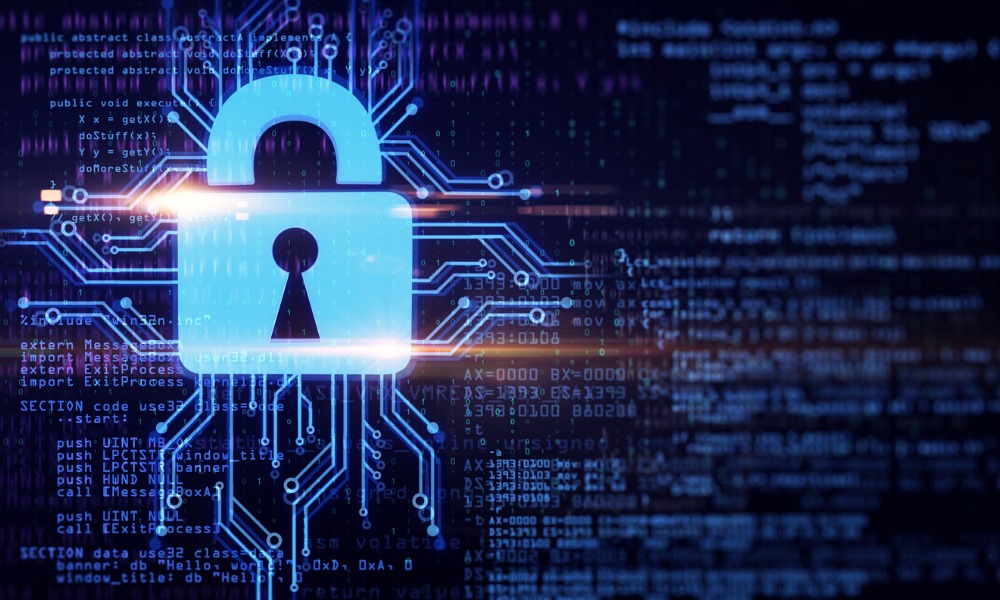Quantum cryptography is a rapidly developing field that is set to revolutionize the way we secure our digital assets. Traditional cryptography methods rely on mathematical algorithms that can be cracked by powerful computers, but quantum cryptography uses the principles of quantum mechanics to create unbreakable codes. As the field of quantum computing continues to evolve, we can expect to see even more powerful encryption methods that will keep our data safe from prying eyes.
The Basics of Quantum Cryptography
At its core, quantum cryptography uses the principles of quantum mechanics to create secure communications channels. The key idea behind quantum cryptography is that it is impossible to observe a quantum system without changing it. This means that any attempt to eavesdrop on a quantum communication will inevitably alter the data being transmitted, making it impossible for an attacker to intercept the message without being detected.
There are two main types of quantum cryptography: quantum key distribution (QKD) and quantum digital signatures (QDS). QKD involves the use of quantum mechanics to generate a shared secret key between two parties, which can then be used to encrypt and decrypt messages. QDS, on the other hand, uses quantum mechanics to create a digital signature that can be used to authenticate messages.
The Advantages of Quantum Cryptography
The main advantage of quantum cryptography is its security. Unlike traditional cryptography methods, which rely on mathematical algorithms that can be cracked by powerful computers, quantum cryptography is based on the laws of physics and is therefore unbreakable. This means that quantum cryptography can provide truly secure communications that are immune to both current and future attacks.
Another advantage of quantum cryptography is its versatility. Because it is based on the principles of quantum mechanics, quantum cryptography can be used for a wide variety of applications, from secure communications between individuals to secure financial transactions between banks.
The Future of Quantum Cryptography
The future of quantum cryptography looks bright, with many exciting developments on the horizon. One of the most promising areas of research is the development of quantum-resistant cryptography, which will be able to withstand attacks from powerful quantum computers.
Another area of research is the development of practical quantum key distribution systems that can be used in the real world. While QKD has been demonstrated in the lab, it is not yet widely used in practice due to its high cost and complexity. However, researchers are working on developing more practical QKD systems that can be used by businesses and individuals.
Finally, researchers are also exploring new applications of quantum cryptography, such as secure cloud computing and quantum-resistant blockchain technology. These new applications could revolutionize the way we store and transmit data, making our digital lives even more secure.
Quantum cryptography is a rapidly developing field that has the potential to revolutionize the way we secure our digital assets. With its unbreakable security and versatility, quantum cryptography is poised to become the next generation of cybersecurity. As researchers continue to develop new applications and technologies, we can expect to see even more powerful encryption methods that will keep our data safe from prying eyes.




